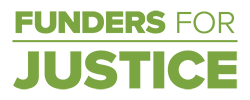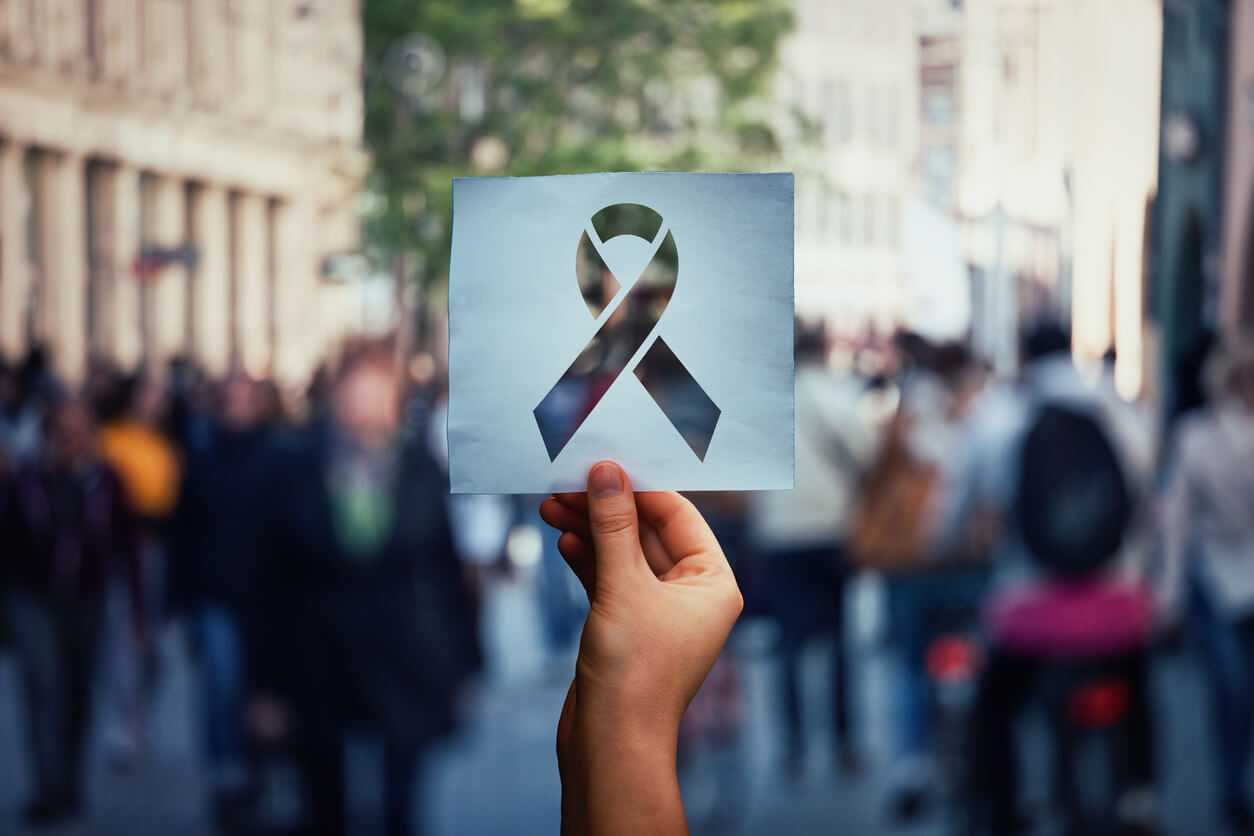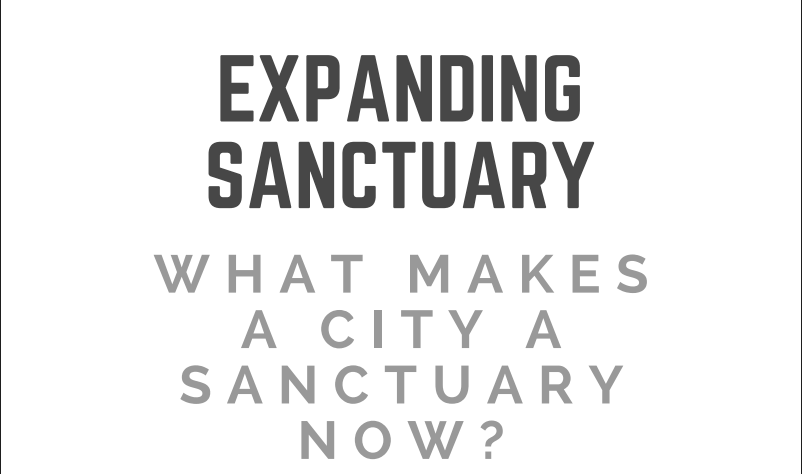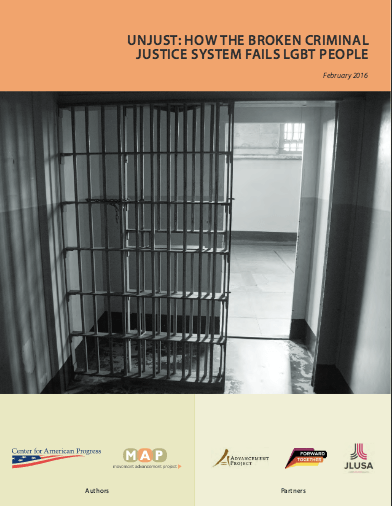No Pride in Deportation: From Vice to ICE Toolkit
BreakOUT! and NOWCRJ’s Congress of Day Laborers recently released the Vice to ICE Toolkit, a resource on organizing across intersections of identities, including race, sexual orientation, gender identity, age, country of origin, and language.




